EU referendum: If we leave will it be forever? What will happen to EU citizens in the UK? Your questions answered
We invited readers to put their question to our panel of journalists who have been studying and reporting on the issues for years
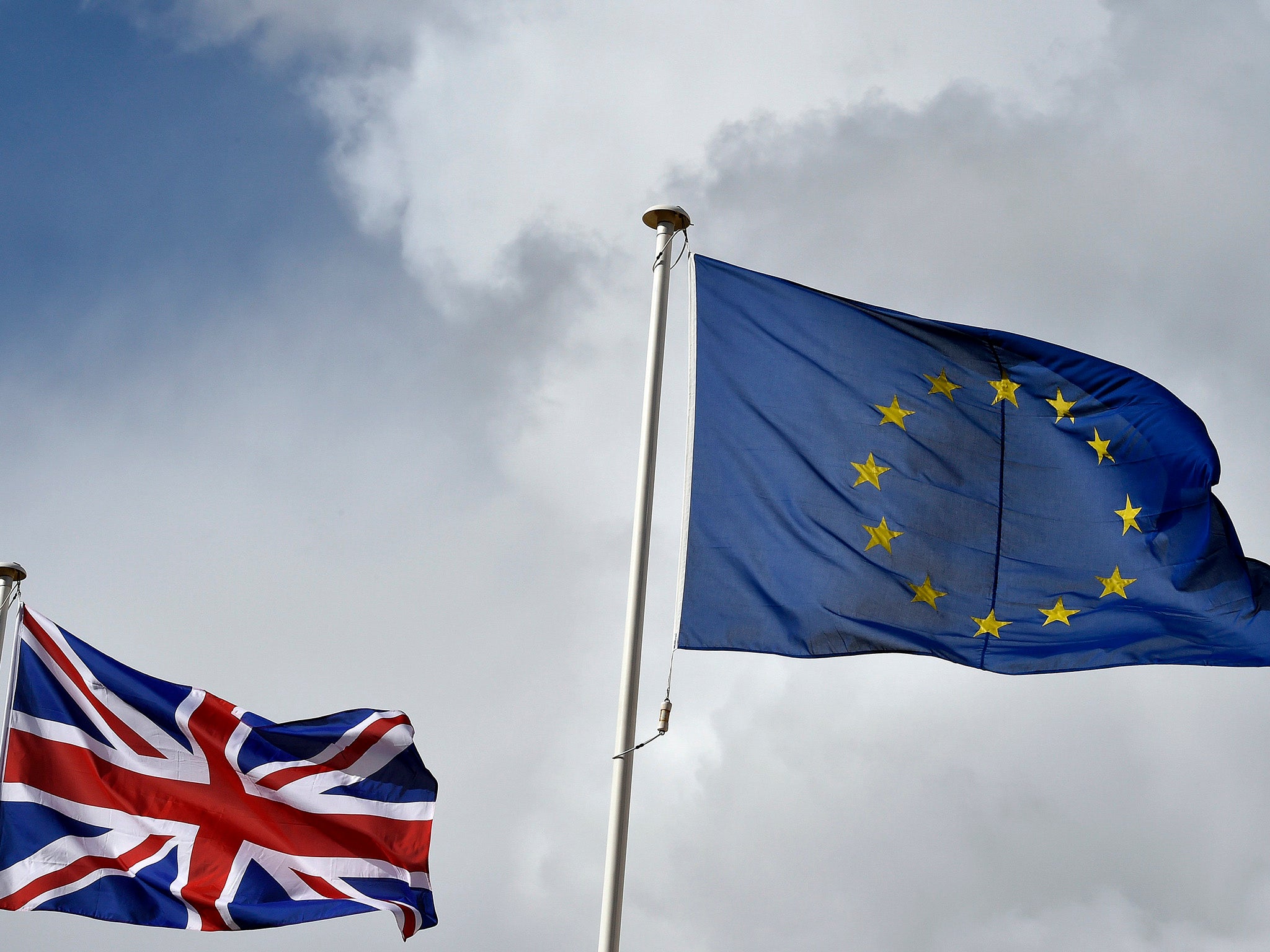
Your support helps us to tell the story
From reproductive rights to climate change to Big Tech, The Independent is on the ground when the story is developing. Whether it's investigating the financials of Elon Musk's pro-Trump PAC or producing our latest documentary, 'The A Word', which shines a light on the American women fighting for reproductive rights, we know how important it is to parse out the facts from the messaging.
At such a critical moment in US history, we need reporters on the ground. Your donation allows us to keep sending journalists to speak to both sides of the story.
The Independent is trusted by Americans across the entire political spectrum. And unlike many other quality news outlets, we choose not to lock Americans out of our reporting and analysis with paywalls. We believe quality journalism should be available to everyone, paid for by those who can afford it.
Your support makes all the difference.As the EU referendum campaign comes to a close, there is a clamour for impartial information about the momentous choice facing the nation. At The Independent, we do not share Michael Gove's view that “people in this country have had enough of experts”.
Follow the latest news on the EU referendum
So we invited readers to put their question to our panel of journalists who have been studying and reporting on the issues for years: John Rentoul, our Chief Political Commentator; Ben Chu, our Economics Editor; Oliver Wright, our Political Editor; and Charlie Cooper, Whitehall Correspondent and former Health Correspondent.
We hope their answers help inform the decision you have to make.
Ron Smith: If we leave, is it forever?
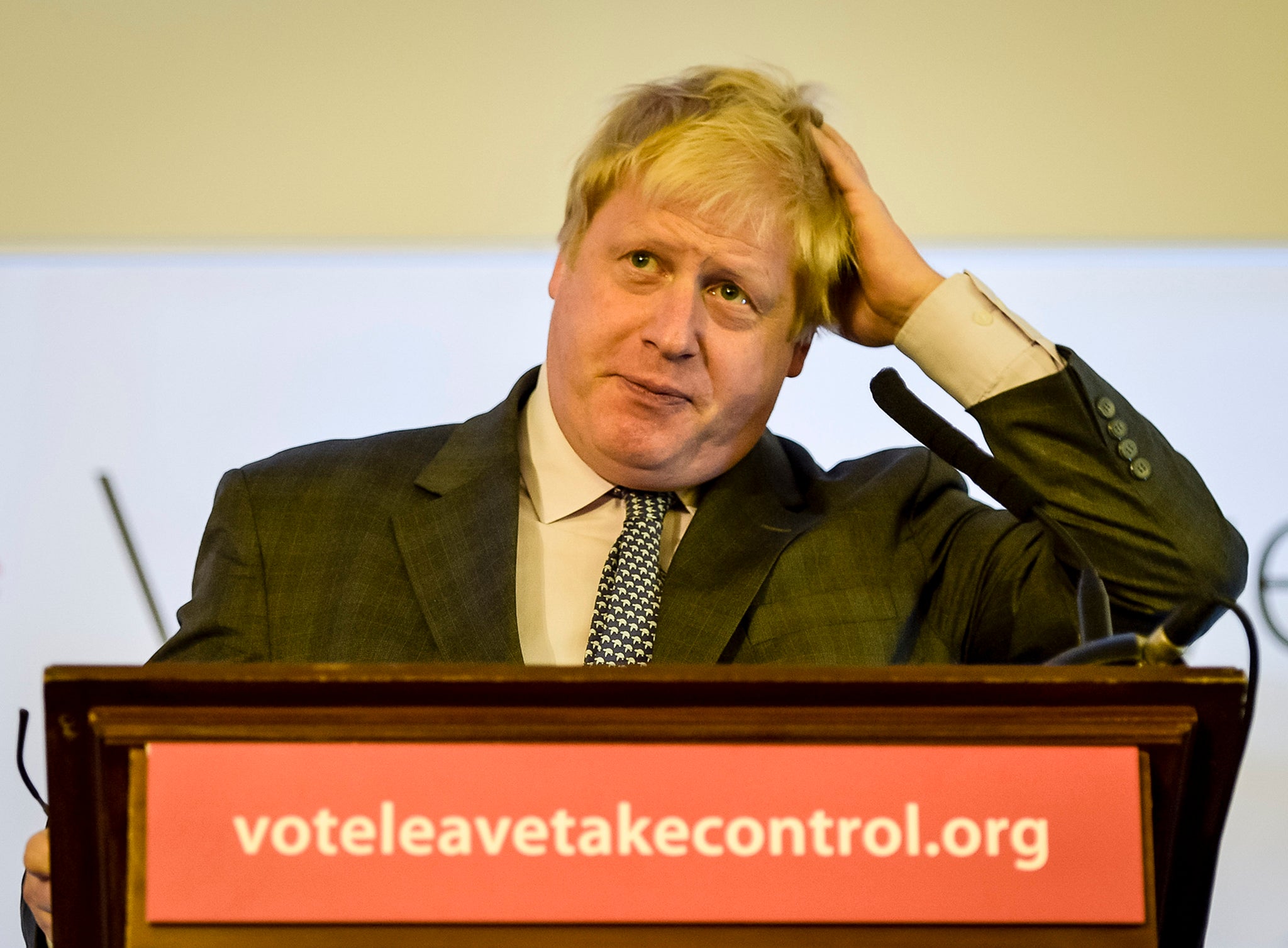
That is certainly what the Remain camp would have you believe – but this is politics and nothing is certain.
For a start even if we vote to leave nothing will happen immediately. In fact it could take several years to formally exit and untangle our affairs with the EU.
Despite what is being said at the moment during that time it is possible that a new arrangement might be negotiated that would allow Britain to stay in – all be it on different terms. That would probably have to be put to another referendum.
However if we did officially leave and wanted to rejoin it would be difficult – if not impossible. Any other EU country could veto our application to rejoin and we would have to sign up to the Euro and the Schengen Agreement. At the moment those hurdles seem a bit high to be plausible. (Oliver Wright)
Ed Kalkman: What will happen to EU citizens living here?
The short answer is nothing. Despite what some Leave supporters would like there will be no mass deportation of Polish plumbers, French bankers or Italian nurses. Even the Leave campaign says that any new immigration rules would only affect new migrants.
But how this would work is anybody’s guess. Those EU citizens currently in the UK might have to apply for work permits and only be eligible if they could prove they were in the UK at the time of the referendum. If not you could see a mass influx of Eastern Europeans into the UK to get the right to work before new restrictions come into place.
But none of this has been worked out and any solution would be ultimately bureaucratic and costly. (Oliver Wright)
Siobhan Palmer: What will happen to interest rates?

Long-term UK interest rates are set by the interaction of buyers and sellers in financial markets and are determined by the balance of supply and demand for British government bonds from investors, traders’ expectations of future GDP growth and also inflation. It’s impossible to say with any certainty how long-term rates would be affected by Brexit.
If the consensus of independent economists is right that the economic impact will be negative (and the markets acknowledge that) one might expect the demand for UK government bonds to fall and long-term interests rates to rise (the two go in opposite directions). But it’s complicated. A Brexit could prompt a “flight to safety” from investors and if Gilts are still considered safe assets (as they have been for decades), that could, perversely, push up the price of Gilts and send long-term interest rates down.
Yet if the pound goes into free-fall that could prompt expectations of higher future inflation and push rates up. It’s very hard to say which effect would predominate. Short-term interest rates (which influence most people’s monthly mortgages repayments) are set by the Bank of England. Rates could be cut a bit from their present level of 0.5 per cent if policymakers decided to support demand in the economy if Britain went into recession. Yet if near-term inflation expectations shoot up and go out of control, perhaps due to a sterling crash, the Bank may feel it has no choice but to raise short-term rates to restore calm, even though this would probably deepen a recession. (Ben Chu)
Oriol Nierga: Is the UK setting a dangerous precedent?
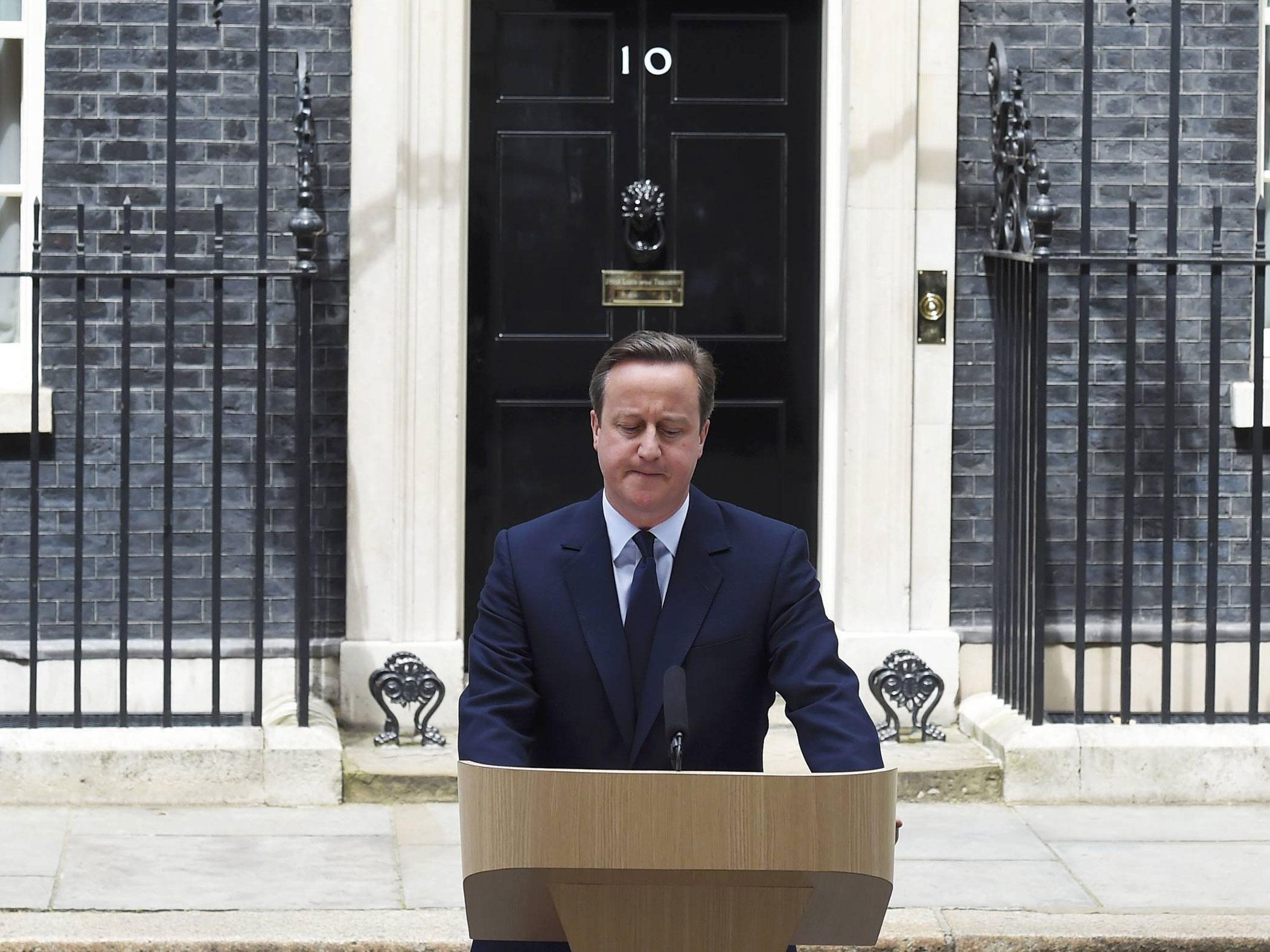
It would be disastrous if the EU acted vindictively towards Britain if it voted to leave. The threat of a “punishment beating”, in Stephen Kinnock’s phrase, is one of the less edifying arguments for a Remain vote, but it would not be in the EU’s interest to deliver one in order to discourage other countries from leaving.
The EU would benefit from good relations with the UK after Brexit. As the Leave campaign has pointed out, we are an important market for other EU countries. Obviously they wouldn’t offer full tariff-free access to the single market to a country that refuses to accept free movement of workers – that would make it impossible to resist the demand of the Swiss for the same status, for example.
But the EU should offer us a favourable deal, applying very low tariffs to our exports to its single market, and we should do the same for the EU. (John Rentoul)
Meg Graham: What would leaving or staying in the EU do for learning disabled adults and carers?

If you are worried about George Osborne's suggestion, which sounded like a threat, that he would have to introduce an emergency Budget in the event of Brexit to plug the gap in the public finances, you need not be.
There are many reasons for worrying about leaving the EU, but that isn't one of them. The economic shock of a vote to Leave would have a negative effect on the economy, and so the forecasts for the public finances would certainly get worse. But most economists would agree that it wouldn't be sensible to respond to that by cutting public spending further or raising taxes – if anything the Government should do the opposite, to help to boost the economy.
That does not mean that a Conservative government won't make the Personal Independence Payments system even less generous, but that's nothing to do with the EU. You could argue that their policy could change if there's Brexit, and David Cameron is replaced by Boris Johnson as PM. But in my opinion it is likely that Stephen Crabbe will keep his job as Work and Pensions Minister either way, so it's unlikely much will change.
Generally, though, it is worth bearing in mind that the economy would almost certainly be in better shape if we stay in the EU. The economics consensus on that is overwhelming. (John Rentoul)
Scott Bartle: Is it racist to want to stay in the EU?
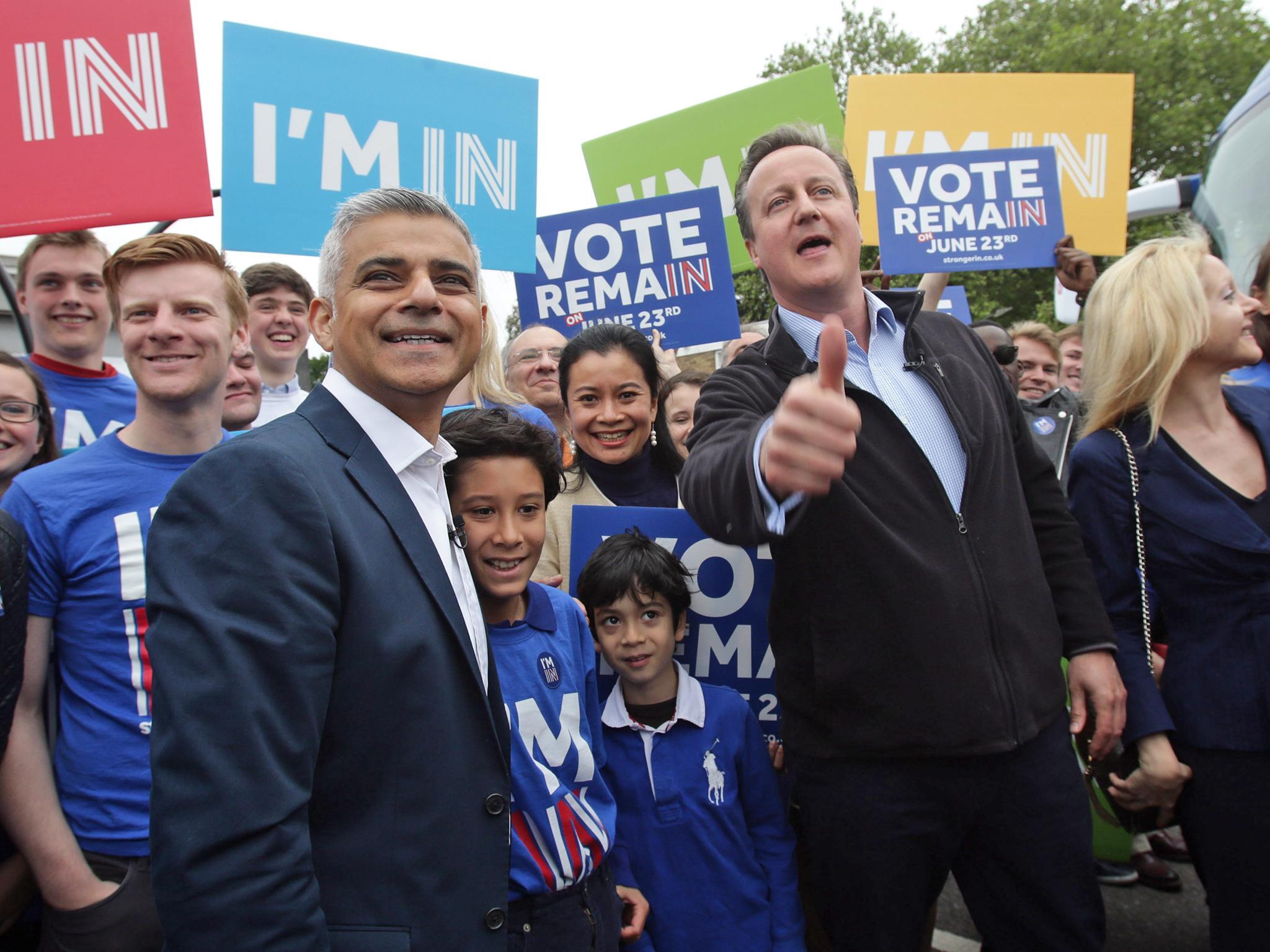
Some of the Leave campaign claim British immigration policy is racist because it allows free movement of mostly white European citizens, while imposing restrictions on immigrants from non-EU countries, many of whom are non-white.
Leavers advocate an Australian-style points system, which would impose the same requirements equally on all immigrants regardless of the country they are from. However, we would presumably continue to have a reciprocal arrangement with Ireland, allowing the free movement of British and Irish citizens in both countries.
Any definition of nationhood is likely to have a racial bias. People who are born British are likely to be white. One of the reasons some people like the EU and other people do not is that it has some of the qualities of a large country itself, and most of its citizens are also white.
But if you object to EU citizenship, object to it on the grounds that we don’t want to be part of a United States of Europe, not that it is racist. (John Rentoul)
Seán Thorp: What about the left-wing case for Brexit (or Lexit)?
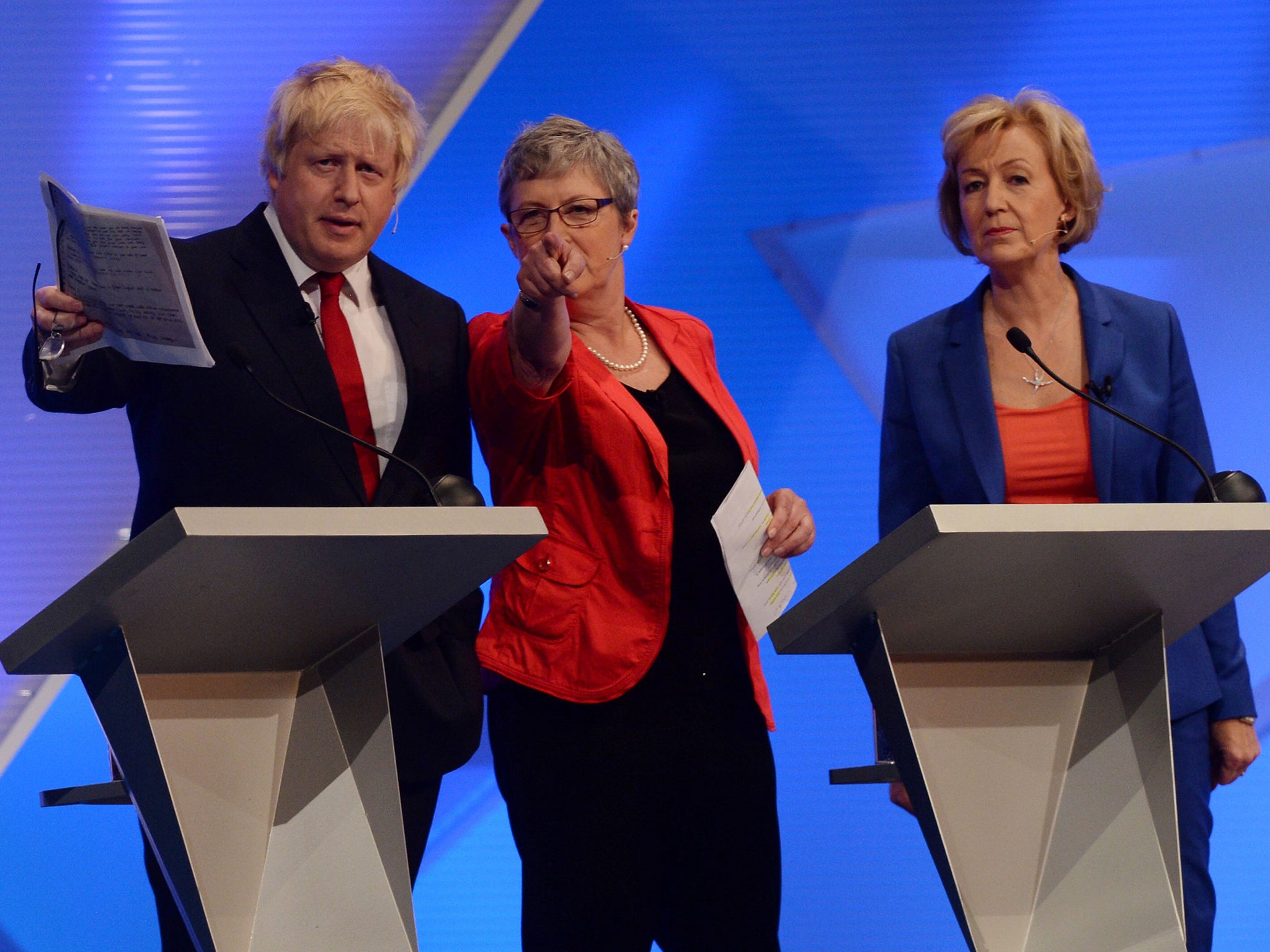
Most of the prominent advocates of Leave are Conservative and Ukip. There may be some bias against Ukip and Labour advocates because journalists are so interested in the Conservative civil war. All the same, Gisela Stuart has had a high profile on the Leave side. She is one of only 10 Labour MPs for Out. Kate Hoey, Dennis Skinner, Frank Field and John Mann also have some name recognition, but they either haven’t wanted to push themselves forward or have been outshone by Stuart.
What is notable is that the Labour Leave campaign has not been arguing a distinctive left-wing case against the EU, which is that it would be easier to promote equality in the UK if it were excluded from free movement of EU workers. If we were out of the EU, we could put up the minimum wage further, without attracting workers from elsewhere in the EU who would then compete for housing and schools.
Outside the Labour Party, George Galloway is probably the best-known Lexiter, and the reason his campaign has failed to catch on has little to do with media neglect: his campaign for London mayor fared poorly too. (John Rentoul)

The EU referendum debate has so far been characterised by bias, distortion and exaggeration. So until 23 June we we’re running a series of question and answer features that explain the most important issues in a detailed, dispassionate way to help inform your decision.
What is Brexit and why are we having an EU referendum?
Does the UK need to take more control of its sovereignty?
Could the UK media swing the EU referendum one way or another?
Will the UK benefit from being released from EU laws?
Will we gain or lose rights by leaving the European Union?
Will Brexit mean that Europeans have to leave the UK?
Will leaving the EU lead to the break-up of the UK?
What will happen to immigration if there's Brexit?
Will Brexit make the UK more or less safe?
Will the UK benefit from being released from EU laws?
Will leaving the EU save taxpayers money and mean more money for the NHS?
What will Brexit mean for British tourists booking holidays in the EU?
Will Brexit help or damage the environment?
Join our commenting forum
Join thought-provoking conversations, follow other Independent readers and see their replies
Comments